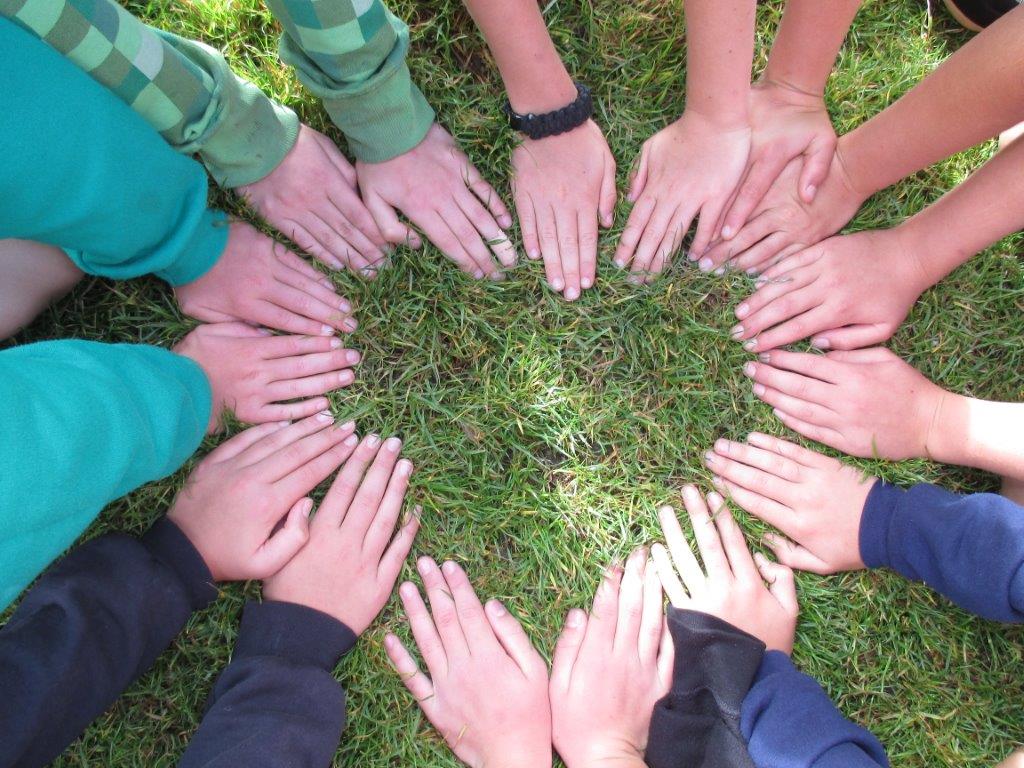Coalitions in Action: The Project Alliance’s Marijuana Summit Hits the Mark
“When it came to marijuana use, since 2011, we’d noticed that our teens’ perception of harm had been going down,” says Program Director Bill Paterson, of the Project Alliance at the University of New England (UNE). “Information from the Maine Integrated Youth Health Survey coupled with anecdotal data and passage of our medical marijuana law raised a red flag.”
Uniquely positioned within the university’s College of Osteopathic Medicine, Project Alliance – an initiative of Maine’s Coastal Healthy Communities Coalition (CHCC) – leads substance misuse prevention efforts to reduce retail and social access to alcohol, increase awareness of the risks of marijuana use and promotes the safe disposal of prescription medication. Its diverse board includes representatives from schools, parents, law enforcement, youth, clergy and more. Efforts target youth, parents, law enforcement and school administrators. The initiative serves coastal beach communities – 80,000 people (summertime population of 200,000) – areas which are both urban and rural.
“We were very concerned when we saw that our teens weren’t taking marijuana risks seriously,” says Paterson. “Some believe that marijuana is safe because of its legal status, and that’s dangerous thinking.”
Paterson affirms that the goal is to reduce marijuana use among students aged 12-18, and raise the level of awareness about marijuana and its potential impact on adolescents. To that effect, Project Alliance’s centerpiece is its yearly Marijuana Summit. The event brings together 60 students, school administrators, counselors, health care professionals, school resource officers and teachers who learn about:
- The latest research
- Evidence-based lesson plans
- Current laws and policies on medical marijuana
- Addiction and recovery messaging
Also in the marijuana education arena, Project Alliance:
- Provides technical assistance to help schools review and revise policies
- Collaborates with law enforcement (supports York County’s Enforcing Underage Drinking Laws committee to conduct party patrols)
- Supervises the All Stars Program (youth-led initiative which focuses on the importance of developing positive norms and decision-making skills and building idealism, pro-social values and resistance skills)
- Facilitates Table Talks (small group discussions held among parents to help them openly communicate with each other about marijuana use and how to prevent it)
University connections make Project Alliance stronger
Paterson affirms that tapping into the university community is a win-win. The university gains visibility on important issues, and the Summit and other prevention activities secure access to some of the best minds. For example, the 2016 Summit featured Christian Teter, Pharm.D., BCPP, a UNE associate professor of Psychopharmacology who presented on the impact of marijuana use on the developing brain. Being housed in the university also affords Project Alliance with opportunities to enhance its credibility.
“We tap into the pharmacy, social work and neuroscience departments, obtaining important backing from experts who can help us achieve our goals,” says Paterson. Recent DFC, CDC and state of Maine funding was obtained partially due to the initiative’s university affiliation. Paterson also reiterates that these connections energize and mobilize activities, making community relationships ever-stronger.
“We’re very excited about our marijuana and teens program and couldn’t do it without UNE. The university acts as the foundation, supporting our efforts and their success. Take the time to nurture relationships with colleges and universities wherever you are. You won’t regret it,” concludes Paterson.









